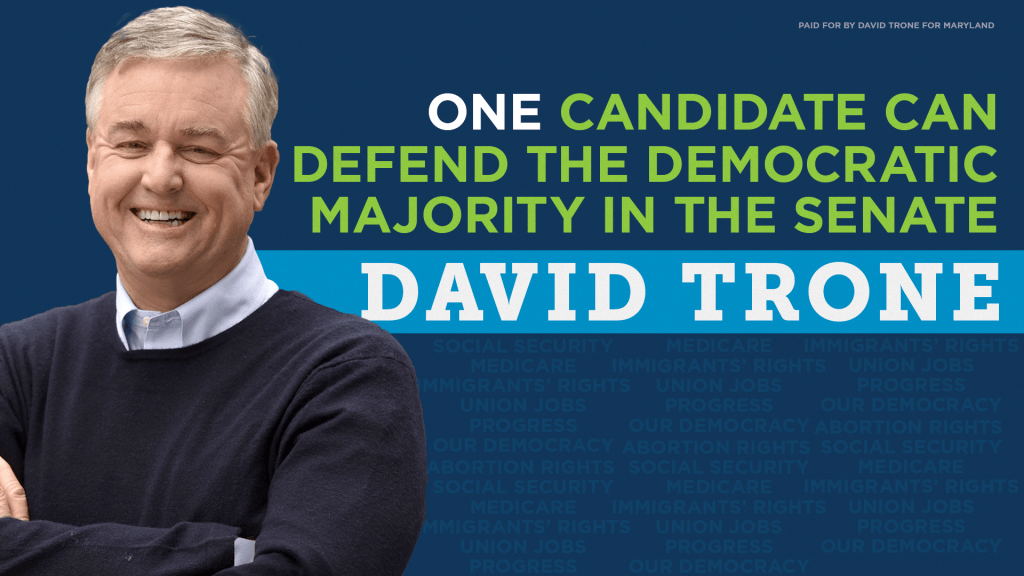SOMD — Social distancing meant to protect the elderly from COVID-19 can do tremendous harm to their mental health.
Caregiving expert Jennifer L. FitzPatrick, LCSW-C, CSP and a gerontology instructor at Johns Hopkins University said, “The risk is tremendous. While social distancing itself does not necessarily cause or exacerbate mental health conditions, loneliness and social isolation do.”
FitzPatrick, the author of Cruising Through Caregiving: Reducing The Stress of Caring for Your Loved One said the uncertainty of the pandemic is especially difficult. ‘The ‘rules’ about what people should or shouldn’t do keep changing and there is no end in sight. This uncertainty intensifies the feelings of loneliness and the experience of social isolation, which leads to despair and worry.”
Mental and Physical Risks
FitzPatrick said that guidelines put in place to shield the elderly from exposure to COVID not only put a strain on their mental health but can have physical consequences. She cited:
- Increased risk for heart attack and stroke
- Sleep problems
- Additional risk for accidents
- Increase in suicidal thoughts
Engaging with others and feeling connected can help protect against many physical and mental disorders. FitzPatrick said, “Social isolation and loneliness are also associated with depression, more substance abuse and increased risk of dementia. In fact, there is some data that suggests that Alzheimer’s patients who are lonely and isolated experience increased hallucinations.”
Holidays Increase Risk
During the holidays, the feelings of loneliness can get worse. “Social distancing during the holidays is incredibly painful for many people, especially older adults. An 87-year old woman recently said to me, ‘what if this is my last Christmas? I’d rather spend it with my great-grandkids than alone!’ While it’s normal for older adults to consider their mortality as they age, many are less worried about dying of Covid-19 but more concerned about missing out on life right now.”
So how can you help elderly loved ones feel connected during COVID-19? Coming up in part 2 of this series, caregiving expert Jennifer FitzPatrick looks at solutions for coping with isolation.

